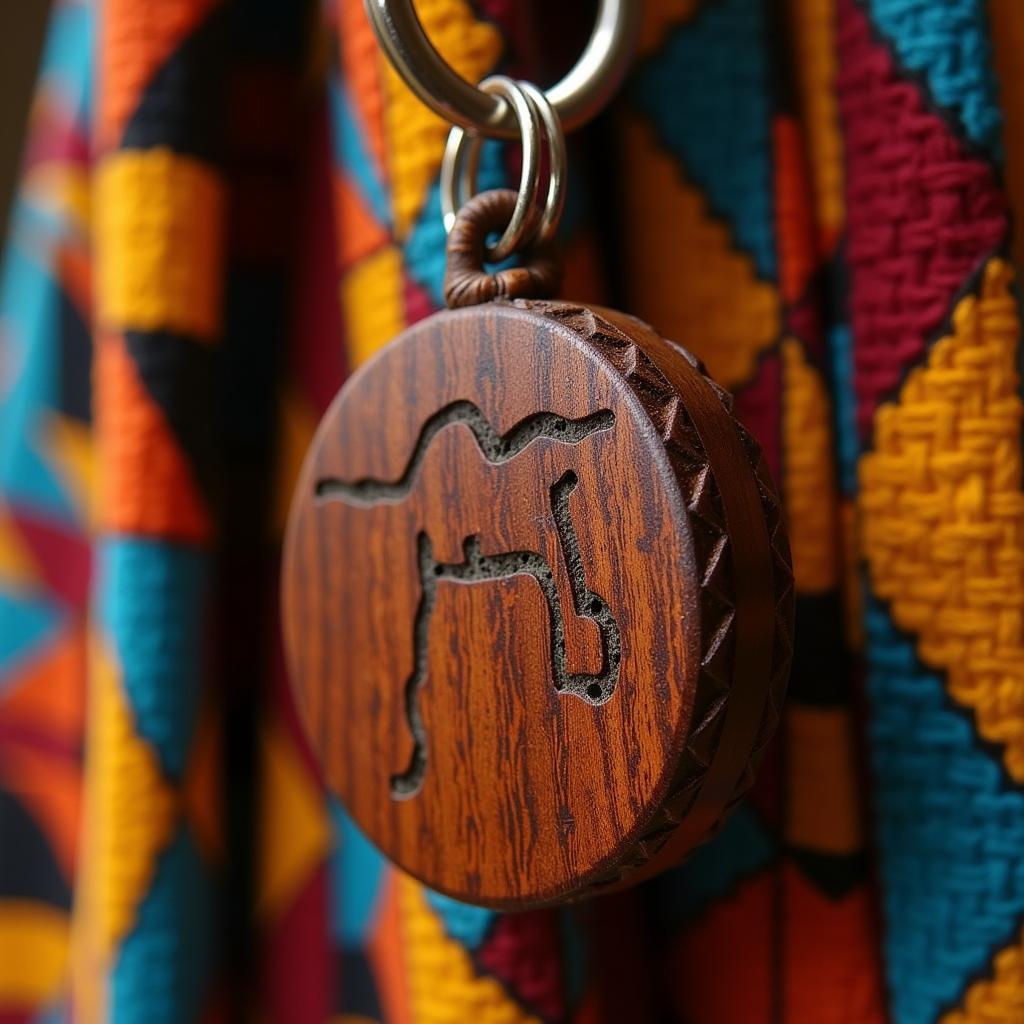African Forest Elephant Lifespan: Unveiling the Giants of the Congo Basin
The African forest elephant, an elusive denizen of the Congo Basin, captivates our imagination with its grandeur and mystery. These gentle giants, distinct from their savanna counterparts, play a crucial role in maintaining the ecological balance of their rainforest home. A key question that often arises is: how long do these magnificent creatures grace the earth? Let’s delve into the fascinating world of the African Forest Elephant Lifespan, exploring the factors that influence their longevity and the challenges they face.
Factors Influencing African Forest Elephant Lifespan
The average African forest elephant lifespan in the wild is estimated to be between 60 to 70 years. However, several factors can impact their longevity, some contributing to a longer life and others posing significant threats.
Diet and Resource Availability: A Feast for Longevity
African forest elephants are herbivores with a diverse palate, consuming over 100 different plant species. This varied diet, abundant in the lush rainforests, provides them with the necessary nutrients for a long and healthy life.
Social Structure and Reproduction: Matriarchal Societies and Slow Breeders
Living in close-knit family groups led by an experienced matriarch, African forest elephants benefit from shared knowledge and protection. However, their slow reproductive rate, with females giving birth to a single calf every 5-6 years, makes it challenging for populations to recover quickly from threats.
Environmental Factors: The Impact of Climate and Habitat
Climate change poses a growing threat, affecting rainfall patterns and food availability. Additionally, habitat loss due to deforestation for agriculture and logging activities directly impacts their survival.
Threats to African Forest Elephant Longevity
While a natural lifespan of six to seven decades is attainable, numerous challenges threaten their survival, leading to shorter lifespans for many:
Poaching: The Ivory Trade’s Devastating Impact
The illegal ivory trade remains one of the most significant threats to African forest elephants. Despite international efforts to combat poaching, the demand for ivory continues to fuel this cruel and unsustainable practice, decimating elephant populations.
Human-Elephant Conflict: A Growing Concern
As human populations expand and encroach upon elephant habitats, conflicts become increasingly common. Crop raiding incidents and habitat destruction lead to retaliatory killings, further endangering these animals.
Conservation Efforts: A Glimmer of Hope
Recognizing the plight of African forest elephants, numerous conservation organizations are working tirelessly to protect these magnificent creatures. These efforts include:
- Anti-poaching patrols: Increased surveillance and law enforcement efforts aim to deter and apprehend poachers, protecting elephants from the ivory trade.
- Habitat conservation: Establishing protected areas and promoting sustainable land-use practices help secure crucial elephant habitats.
- Community engagement: Working closely with local communities to mitigate human-elephant conflict and promote co-existence.
The Future of African Forest Elephants: A Shared Responsibility
The future of African forest elephants rests on our collective actions. By supporting conservation efforts, raising awareness about their plight, and advocating for responsible consumption choices, we can contribute to ensuring these gentle giants continue to roam the Congo Basin for generations to come.
FAQs about African Forest Elephant Lifespan
How long do African forest elephants live in captivity?
In well-managed zoos or sanctuaries, African forest elephants can live even longer than their wild counterparts, sometimes exceeding 70 years. This is attributed to a controlled environment with readily available food, veterinary care, and protection from threats.
What is the main difference in lifespan between African forest elephants and African savanna elephants?
While both species have similar lifespans, African savanna elephants tend to live slightly longer, with an average of 70 years. This difference is attributed to variations in habitat, diet, and the intensity of threats they face.
How does the African forest elephant lifespan compare to other large mammals?
African forest elephants have one of the longest lifespans among large mammals, similar to Asian elephants and exceeding that of African lions (10-14 years) and giraffes (20-25 years).
How does poaching affect the average African forest elephant lifespan?
Poaching drastically reduces the average lifespan of African forest elephants. By targeting older, larger individuals with bigger tusks, poachers disrupt social structures, remove experienced matriarchs, and leave remaining populations vulnerable.
Exploring Further:
- Discover the difference between African and Asian elephants.
- Be amazed by captivating African elephant pics.
- Uncover fascinating African elephant fun facts.
Understanding the African forest elephant lifespan underscores the importance of protecting these magnificent creatures and their rainforest home. By working together, we can ensure that future generations will continue to be inspired by the grandeur and wonder of these gentle giants.
For any inquiries or support regarding African wildlife conservation, please contact us at:
Phone Number: +255768904061
Email: kaka.mag@gmail.com
Address: Mbarali DC Mawindi, Kangaga, Tanzania.
Our dedicated customer care team is available 24/7 to assist you.

